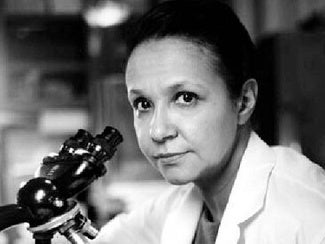
According to the American Cancer Society, approximately 1 in 3 black men and women will be diagnosed with cancer during their lifetime, and 1 in 5 will die from cancer. A woman named Dr. Jane Cook Wright became a distinguished professor of surgery, head of the cancer chemotherapy department, associate dean of New York Medical College, and the highest-ranking black woman at a nationally recognized medical institution. , aimed to change these statistics. institution. Dr. Jane Wright focuses on the analysis of a wide range of anti-cancer drugs, investigating the relationship between patient and tissue culture responses, and developing new techniques for delivering cancer chemotherapy.
In January 1949, Dr. Wright was hired as a staff physician for the New York City Public Schools and continued as a visiting physician at Harlem Hospital. Six months later, she quit her school and joined her father, the Cancer Research Foundation Director at Harlem Hospital. In 1955, Dr. Wright became associate professor of surgical research at New York University, and she became director of cancer chemotherapy research at New York University Medical Center and its affiliated hospitals, Bellevue and University Hospitals. In 1964, President Lyndon B. Johnson appointed Dr. Wright to the President’s Commission on Heart Disease, Cancer, and Stroke. Then, in 1967, she was appointed professor of surgery, chair of cancer chemotherapy, and associate dean at her alma mater, New York Medical College, at a time when there were only a few hundred black female physicians in the United States. .
While pursuing private research at New York Medical College, Dr. Wright implemented a new comprehensive program to study stroke, heart disease, and cancer, and created another program to guide doctors in chemotherapy. . In 1971, she became the first female president of the New York Cancer Society. Dr. Wright retired in 1987 after a long and successful career in cancer research.
During his extensive 40-year career, Dr. Wright published numerous research papers on cancer chemotherapy and led delegations of cancer researchers to Africa, China, Eastern Europe, and the Soviet Union.


